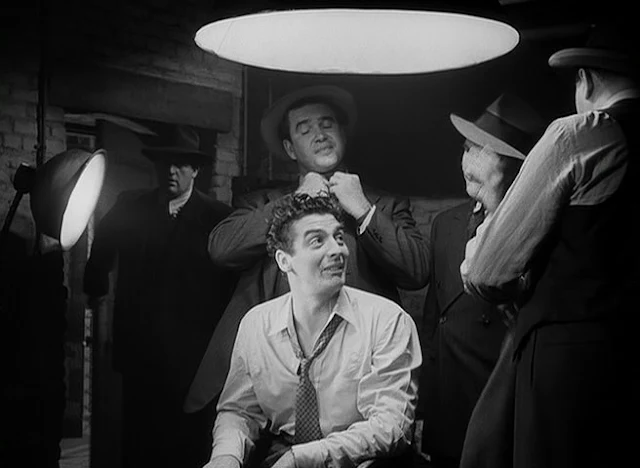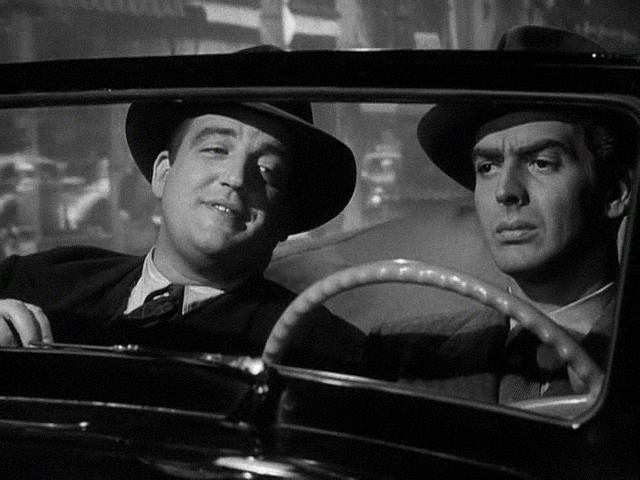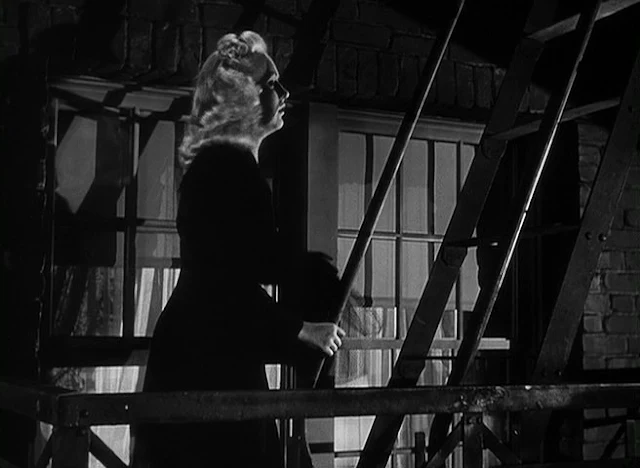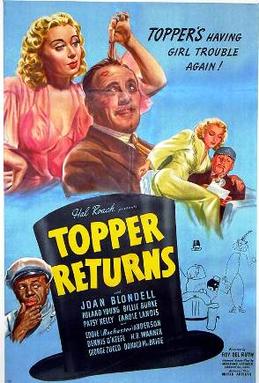A blog formerly known as Bookishness / By Charles Matthews
"Dazzled by so many and such marvelous inventions, the people of Macondo ... became indignant over the living images that the prosperous merchant Bruno Crespi projected in the theater with the lion-head ticket windows, for a character who had died and was buried in one film and for whose misfortune tears had been shed would reappear alive and transformed into an Arab in the next one. The audience, who had paid two cents apiece to share the difficulties of the actors, would not tolerate that outlandish fraud and they broke up the seats. The mayor, at the urging of Bruno Crespi, explained in a proclamation that the cinema was a machine of illusions that did not merit the emotional outbursts of the audience. With that discouraging explanation many ... decided not to return to the movies, considering that they already had too many troubles of their own to weep over the acted-out misfortunes of imaginary beings."--Gabriel García Márquez, One Hundred Years of Solitude
Search This Blog
Showing posts with label Carole Landis. Show all posts
Showing posts with label Carole Landis. Show all posts
Sunday, October 13, 2019
I Wake Up Screaming (H. Bruce Humberstone, 1941)
I Wake Up Screaming (H. Bruce Humberstone, 1941)
Cast: Victor Mature, Betty Grable, Carole Landis, Laird Cregar, William Gargan, Alan Mowbray, Allyn Joslyn, Elisha Cook Jr., Morris Ankrum, Charles Lane, Frank Orth, Gregory Gaye, Chick Chandler, Cyril Ring, May Beatty. Screenplay: Dwight Taylor, based on a novel by Steve Fisher. Cinematography: Edward Cronjager. Art direction: Richard Day, Nathan Juran. Film editing: Robert L. Simpson. Music: Cyril J. Mockridge.
I Wake Up Screaming, in which no one actually wakes up screaming, was not one of 20th Century Fox's priority projects in 1941, witness the fact that it was assigned to one of the studio's second-string directors, H. Bruce Humberstone, who was usually in charge of B-movies like the Charlie Chan films. Even its stars were not of the first rank: Betty Grable would become famous for her "gams" as the GIs' pin-up girl during the coming war, but she had mostly been a decorative element, not a leading lady, in her previous movies. Victor Mature had been in movies for only a year, having worked with Carole Landis in Hal Roach's caveman saga One Million B.C. in 1940. The studio didn't bother with an original score for the film, instead hiring Cyril J. Mockridge to orchestrate the theme music Alfred Newman had composed for King Vidor's 1931 film Street Scene, along with a love theme adapted from the Oscar-winning song Harold Arlen and E.Y. Harburg had composed for The Wizard of Oz (Victor Fleming, 1939). Today, the reiterations of "Over the Rainbow" against the murder mystery background are among the more unintentionally unsettling things about I Wake Up Screaming, which Fox initially released under another title, Hot Spot. Given all this uncertainty, it's surprising that the movie works as well as it does, generating some real suspense and keeping its plot twists concealed until the right moment. Probably its greatest strength lies not in the performances of its leads, though Mature in particular is perfectly fine, but in that of Laird Cregar, as the sinister cop who wants to pin the murder of Landis's Vicky Lynn on Mature's Frankie Christopher. Cregar is a true heavy in every sense of the word, his bulk playing off well against Mature's own large presence. Cinematographer Edward Cronjager works well with shadows, which has earned I Wake Up Screaming a reputation as one of the first American film noirs. Humberstone unfortunately doesn't have the noir touch, and undermines Cronjager's efforts with some attempts at lightening up the mood, including a silly detour into a swimming pool scene that doesn't do much other than give Grable an opportunity to show off her legs and Mature to bare his chest. But all in all, it's a better film than most of the people connected with it had any right to expect.
Saturday, April 15, 2017
Topper Returns (Roy Del Ruth, 1941)
This silly B-picture was just the thing to unwind with after the heaviness of the last couple of posts. It's the second of two sequels to the original Topper (Norman Z. McLeod, 1937), about a stuffy banker beset by sexy ghosts. But it doesn't have much in common with the first movie other than Roland Young as Topper and Billie Burke as his fluttery, suspicious wife who mistakes his odd behavior for infidelity when the ghosts start teasing him. Cary Grant and Constance Bennett were the mischievous ghosts in the first film, but Grant jumped ship before the first sequel, Topper Takes a Trip (McLeod, 1938), after which Bennett bailed out too. This time the sexy ghost is Joan Blondell, whose character, Gail Richards, is murdered by mistake: The intended victim was her friend, Ann Carrington (Carole Landis), heir to a large fortune. Once she passes over, the ectoplasmic Gail enlists Topper, of all people, in helping solve her murder. Young is, as always, a delight -- one of the greatest comic actors ever to be underemployed by Hollywood -- but he doesn't have a lot to do this time except be shoved around by the invisible Gail as they search for clues in the creepy mansion where she was murdered. Mrs. Topper shows up, too, accompanied by her maid (Patsy Kelly) and the chauffeur, played by Eddie Anderson, billed as Eddie "Rochester" Anderson because of his fame as the eponymous chauffeur on Jack Benny's radio show. Even though he's called "Eddie" by Topper and "Edward" by Mrs. Topper, he manages to slip in a line about how he wants his old job with Mr. Benny back. Although Anderson is given some stereotypical moments predicated on the old gag that black people are afraid of ghosts, and there's a tedious slapstick bit involving a sea lion (oh, don't ask), he's treated as more of a comic equal in the film than African American actors usually were, matching wisecrack for wisecrack. There are also some funny moments with Donald MacBride as a particularly addled police detective. The whole thing is laced through with topical gags that have lost their edge: Rafaela Ottiano plays a sinister housekeeper modeled on Mrs. Danvers in Rebecca (Alfred Hitchcock, 1940), and if you don't get the joke immediately be sure that someone will refer to her as "Rebecca," even though her character's name is Lillian. The movie is also a reminder of how pervasive radio once was in popular culture: In addition to Anderson's reference to Jack Benny, there are also quips about Orson Welles's "War of the Worlds" broadcast, and a radio giveaway show called "Pot o' Gold" in which people won the jackpot if they answered their randomly dialed telephone.
Subscribe to:
Comments (Atom)




















